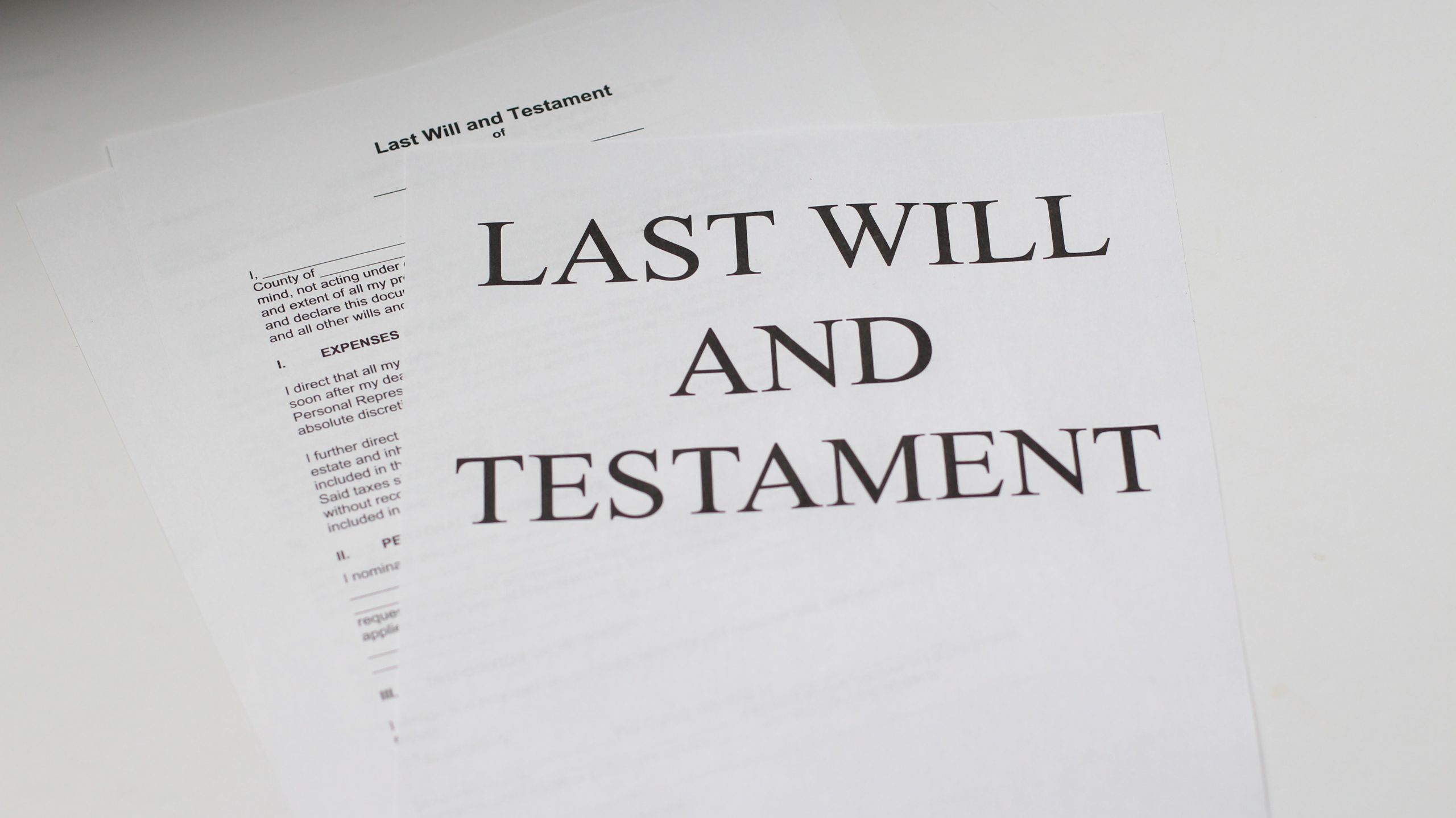Regardless of your overall net worth, you should have a plan in place to make sure your financial affairs are in order before passing on.
There is nothing more frustrating to relatives after a loved one moves on, and they have to figure out everything from scratch.
After all, it is already an emotional event losing that person and now, they need to spend hours calling banks, insurance companies, places of employment, and looking around the house for paperwork.
Most people need just a simple will and not everyone needs a living trust. Whether or not you need a living trust depends on your age, wealth, and whether you are married and have children.
Key documents include beneficiary designation forms, a will, health-care proxy, durable power of attorney, and sometimes, a trust.
If you have not started planning to devise a will or an estate plan, here a few points you should take into consideration:
Take inventory of what you have and determine its value. That includes checking, savings, investment, and retirement accounts. Include the value of real estate, jewelry, business ownership, and any intangible property such as patents or copyrights.
Next, choose your beneficiaries and decision-makers. These designations are crucial to estate planning.
Beneficiaries are the recipients of your funds, trusts, or property. Often a spouse, child, relative, or friend.
They can be decision-makers, too. Choose someone responsible who can be charged with administering the assets of your estate, takes care of any remaining financial obligations, and ensures your wishes are carried out.
Trusts and wills
Consider setting up a revocable trust. Setting up a trust can provide a way to pass assets to beneficiaries.
Revocable trusts allow for the management of your property while you’re alive and allow the property to pass to your beneficiaries without a court proceeding.
During your lifetime, you can make changes to the terms of the trust. Upon your passing, the provisions can no longer be altered. Revocable trusts allow for an added layer of control and privacy over your assets that is not possible when assets are left directly to beneficiaries.
Be sure to write a will and establish end-of-life documents.
Upon your death, your will governs who will receive property not otherwise designated by titling, the terms of a trust, or by beneficiary designation (such as on retirement accounts or insurance policies).
Other end-of-life documents might include a living will, which dictates decisions related to what should or should not be done to keep you alive, health care powers, or a simple letter regarding how you would like to be laid to rest.
Lastly, you want to periodically review and update your estate plan often as life-changing events occur, such as marriage, the birth of new children or divorce.


